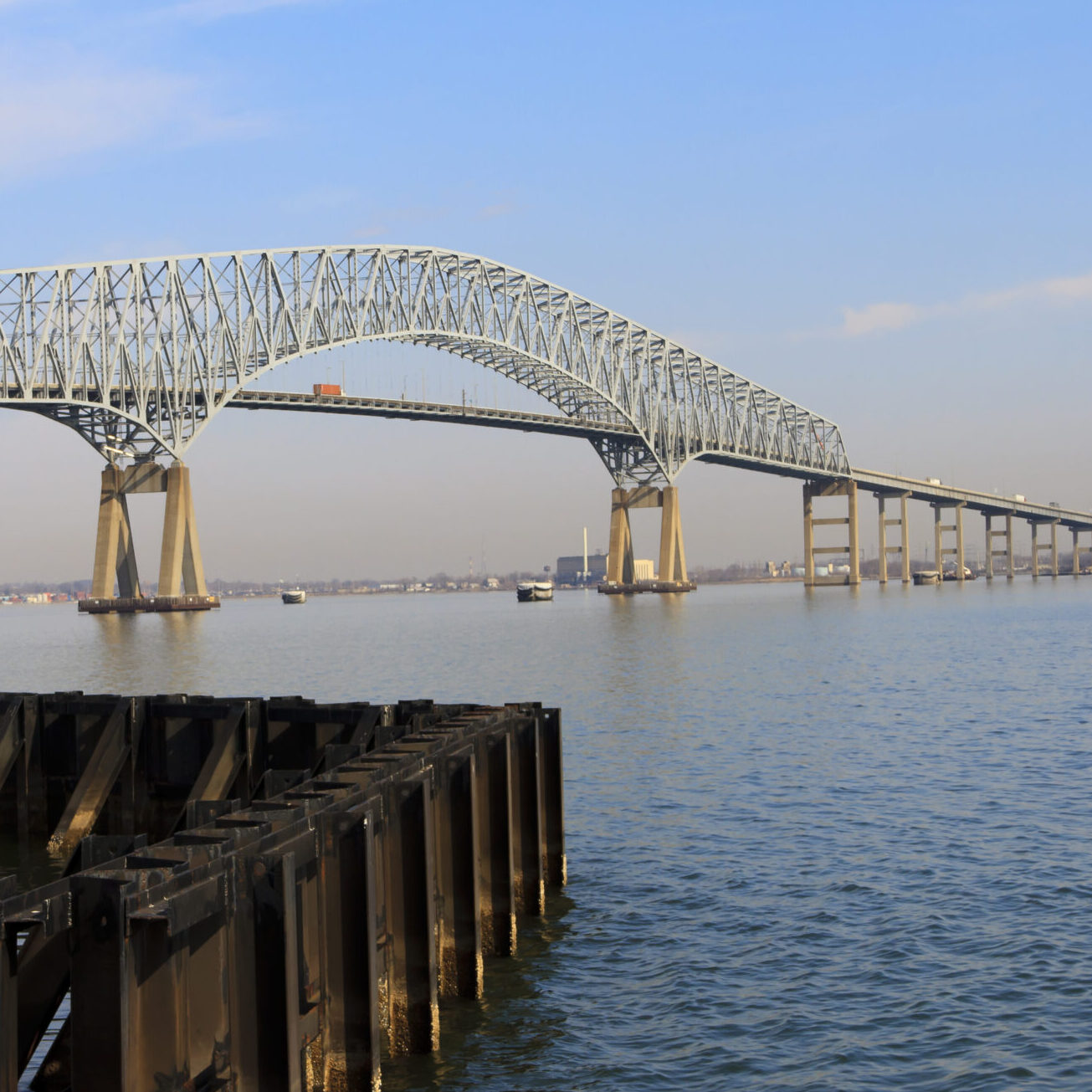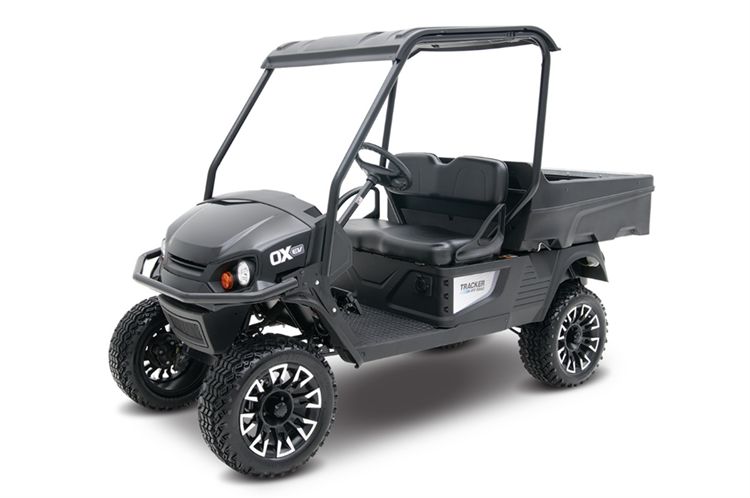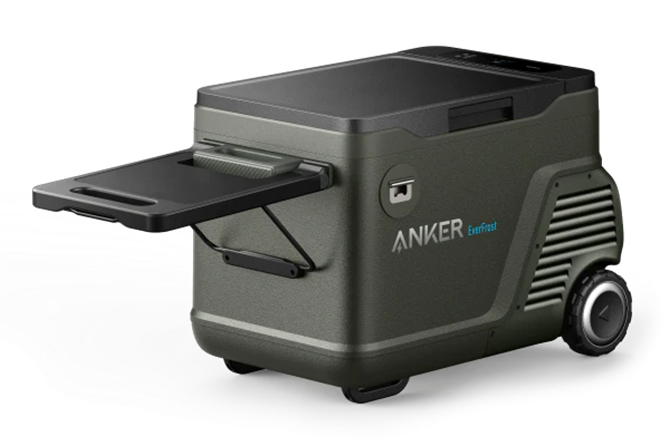
And You are Not Done; The Future of Products Liability Claims Against Amazon Still Uncertain
Overview | Blog Posts | Subrogation & Recovery | Michael Wolfer | Related | Print | Share
December 18, 2019
This past summer, the Third Circuit Court of Appeals issued a seminal opinion in Oberdorf v. Amazon.com, Inc., which held Amazon could be liable as a seller for products sold by third parties on its website. The issue, however, appears to be far from settled as opinions addressing whether Amazon is a “seller” continue to hit dockets across the country. Federal courts applying various States’ laws have reached different results with the Eastern District of New York is the latest to weigh in.
The case, Philadelphia Indemnity Ins. Co. v. Amazon.com, Inc., involved a Glantop Official Professional Commercial Blender that a sushi restaurant purchased on Amazon from a third party seller located in China. The Chinese seller paid Amazon for “Fulfillment by Amazon” services, so when the restaurant owner clicked “place your order,” Amazon packaged the blender in an Amazon box and shipped it directly to the restaurant from its fulfillment center in Virginia. The blender allegedly started a fire in the restaurant that spread to adjacent property owned by the plaintiff’s insured. It was believed that product defect caused the blender to ignite.
Plaintiff filed a subrogation lawsuit seeking damages under theories of strict liability, negligence, and breach of warranty and Amazon moved for summary judgment seeking dismissal of Plaintiff’s claims. New York, like most jurisdictions, extends strict liability to certain sellers such as retailers and distributors. Accordingly, Plaintiff argued that Amazon was within the “distribution chain,” and therefore strictly liable. The Court disagreed and granted Amazon’s motion. The Court reasoned that, because Amazon did not take title to the blender, it was outside the distribution chain. The Court further held that Amazon did not owe the restaurant owner a duty because it did not manufacture, sell, or distribute the blender.
This latest victory for Amazon appears to tie the score 3—3 with the Fourth Circuit, Sixth Circuit, and Eastern District of New York on the “not a seller” side; and the Third Circuit, Western District of Wisconsin, and the District Court of New Jersey on the “is a seller” side. It is worth pointing out that the District Court of New Jersey had initially found in favor of Amazon but reversed itself following the issuance of the Third Circuit’s opinion in Oberdorf. Despite the flurry of case law, the issue does not appear to be any closer to a resolution. In fact, the Third Circuit is expected to rehear Amazon’s summary judgment motion en banc in Oberdorf in February.
Given the significance of the outcome and the ongoing circuit split between the Third, Fourth, and Sixth Circuits, the U.S. Supreme Court may be inclined to hear Oberdorf if asked. An opinion from SCOTUS may be persuasive and could provide clarity in handling these matters; but since product liability is a state issue, the state judiciaries and legislatures have the final say.
For any further questions, please contact Michael Wolfer.



